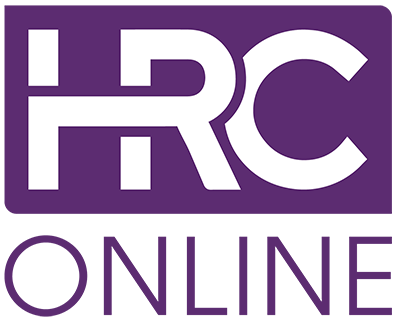
Five critical elements for Employee Reward in 2023
As an HR professional, creating and managing an effective rewards program is a crucial aspect of your role and is an important topic covered in the CIPD Level 5 qualification. However, it is not without its challenges. The five most significant challenges that HR professionals may face regarding rewards include aligning rewards with company goals and objectives, managing costs, motivating employees, ensuring fairness, and keeping up with changing employee expectations.
Aligning rewards with company goals and objectives One of the biggest challenges facing HR when it comes to rewards is ensuring that the rewards offered to align with the overall goals and objectives of the company. Different departments within an organization may have different priorities, making it challenging to create a rewards program that benefits everyone. For example, a sales department may prioritize sales incentives, while a research and development department may prioritize bonuses for publishing research papers. To overcome this challenge, HR must work closely with other departments to understand their goals and objectives and create a rewards program that aligns with them.
Managing costs Another challenge facing HR regarding rewards is balancing the cost of rewards with the company’s budget. Offering rewards that are too expensive can put a strain on the company’s budget, while offering rewards that are too cheap may not be effective in motivating employees. To overcome this challenge, HR must be creative in finding cost-effective rewards that still positively impact employee motivation. For example, offering non-monetary rewards such as additional vacation days or flexible work arrangements can be just as effective as cash bonuses.
Motivating employees Creating rewards that effectively motivate employees is a significant challenge facing HR. Different individuals are motivated by different things, and what works for one employee may not work for another. For example, some employees may be motivated to take on additional responsibilities, while others may be motivated to attend training or development programs. To overcome this challenge, HR must take the time to understand what motivates each employee and tailor rewards accordingly.
Ensuring fairness Ensuring that rewards are distributed fairly among employees is another major challenge facing HR. Perceptions of fairness vary widely among individuals, and what one employee considers fair may not be considered fair by another. To overcome this challenge, HR must be transparent in distributing rewards and ensure that all employees have the same opportunity to earn rewards. Additionally, HR should have a transparent system to address any concerns or complaints about fairness.
Keeping up with changing employee expectations The expectations of employees regarding rewards are constantly changing, and HR departments must be able to adapt to stay competitive in the job market. For example, in the past, employees may have been satisfied with a standard benefits package, but now, many are looking for more flexibility and work-life balance. To keep up with these changing expectations, HR must stay up-to-date on the latest trends and best practices in rewards and be willing to change the rewards program as needed.
In conclusion, creating an effective rewards program is not without its challenges. Still, by understanding and addressing these challenges, HR professionals can create rewards programs that effectively motivate and engage employees while aligning with the company’s overall goals and objectives. It’s essential to be flexible and willing to adapt the rewards program as needed to keep up with the changing employee expectations. Additionally, HR should be creative in finding cost-effective rewards that still positively impact employee motivation and ensure that rewards are distributed fairly among employees.





